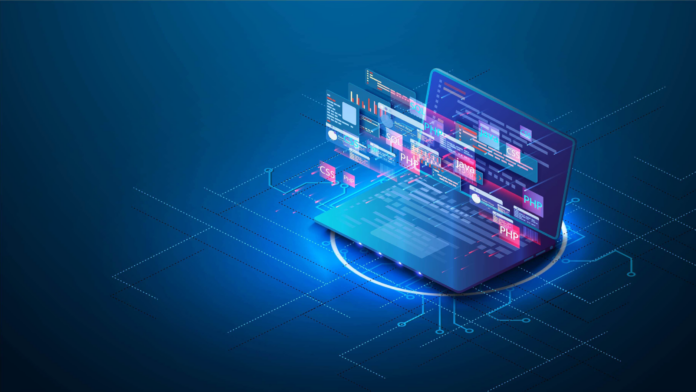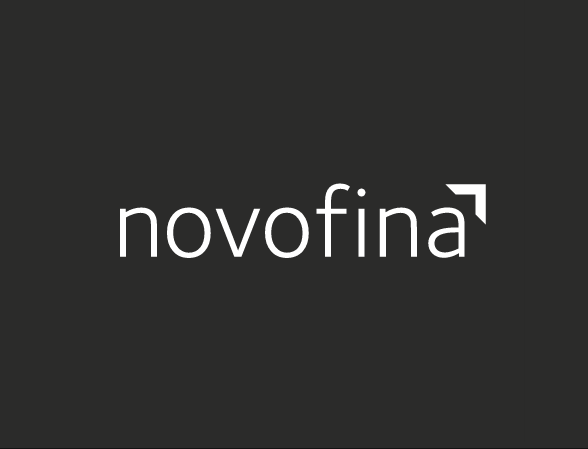In the bustling world of software development, the pace at which code transitions from concept to deployment is often a true measure of an organization’s agility. Yet, this speed—commonly referred to as developer velocity—is frequently bogged down by meticulous yet crucial tasks such as code review, drafting documentation, and rigorous testing. The threat here is not the processes themselves but the inefficiency that can extend these steps unnecessarily. It’s been observed that developers can lose up to 17.3 hours weekly grappling with technical debt and dysfunctional code.
Enter the fresh perspectives of Matan Grinberg and Eno Reyes, a dynamic duo with roots in machine learning and data science. They envisioned a streamlined workflow, free of the drudgery that often plagues coding. Their lightbulb moment occurred at a hackathon in San Francisco, where they developed a platform capable of autonomously resolving simple coding quandaries. Recognizing its commercial viability, they soon broadened the platform’s capabilities to support a wider range of software development tasks. This innovation laid the foundation for their new venture: Factory.
At the heart of Factory’s ethos is the pursuit of software engineering autonomy. According to Grinberg, Factory aims to arm large engineering organizations with AI-powered tools to automate segments of their software development lifecycle. These tools, which Grinberg whimsically refers to as “Droids,” handle an array of routine yet time-consuming engineering tasks—ranging from code review to test writing.
For instance, Factory’s review Droid is designed to deliver insightful feedback on code changes, providing a valuable context for human reviewers. Meanwhile, their documentation Droid autonomously generates and updates technical documentation. Their test Droid takes the helm in writing tests and ensuring code coverage remains robust as new code is integrated. Beyond these, the knowledge Droid and project Droid offer support within communication platforms and aid in planning by analyzing customer support tickets and feature requests.
These Droids operate on what’s called the “Droid core,” a sophisticated engine that digests a company’s engineering data to craft a knowledge base. From this repository, algorithms derive insights to tackle engineering challenges. Another key component, the Reflection Engine, acts as a discerning layer over third-party AI models, allowing Factory to infuse its own security protocols and best practices.
The value proposition for enterprises is clear: better products, faster to market, with an uplift in engineering morale by offloading the mundane tasks. And, with Droids requiring minimal training or onboarding, integration into existing workflows is virtually seamless.
However, one can’t help but ponder the reliability of such autonomous systems. AI is not infallible, and even the most advanced models are prone to errors that can have significant consequences. Generative coding tools, as efficient as they may be, carry the risk of introducing security vulnerabilities—a concern echoed by research in the field.
Grinberg doesn’t shy away from acknowledging Factory’s reliance on third-party AI models, given their start-up status and the financial implications of in-house training. Yet, he’s confident in the value Factory provides even with these constraints.
The road ahead for Factory involves refining their AI models to create a comprehensive end-to-end engineering AI system, bolstered by the engineering data of their early adopters.
Amidst the ever-growing competition in the AI startup landscape, Factory has managed to captivate a diverse group of around 15 companies. These early clients have seen tangible results, with thousands of code reviews and lines of code already penned through Factory’s Droids.
Buoyed by a recent $5 million seed investment, led by industry stalwarts Sequoia and Lux, Factory plans to scale its operations and enhance its platform capabilities.
Grinberg is candid about the hurdles they face—earning trust in an industry wary of new tech and differentiating their services in a sea of competitors. Yet, he remains steadfast in his vision.
“Factory is crafting a future where the essence of software engineering is an accessible and scalable asset,” says Grinberg, painting a picture of a tech landscape redefined by AI’s touch.












